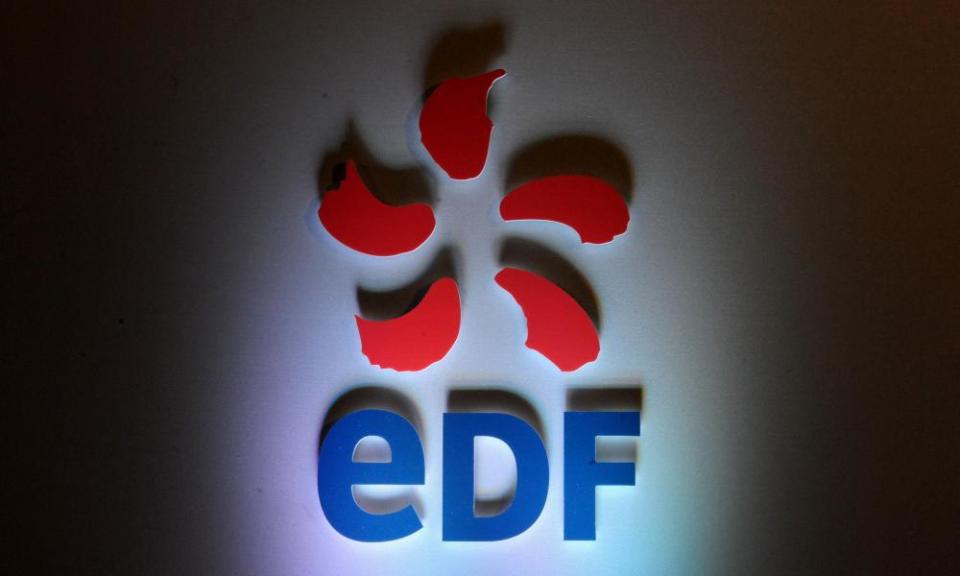The truth about falling gas prices

In December one of the “big six” energy firms, EDF, had some good news for consumers. In a press release it said it would be “cutting gas prices again ahead of the coldest winter months, and will hold back electricity price rises until March”. It added that “electricity costs have been rising for some time, but gas prices are not facing the same pressures. The company believes it is right that prices reflect this”.
The response was generally positive. The Mail said the company was “breaking ranks” with rivals on gas prices, in a move that would “put pressure on the remaining big six”. The Guardian focussed on the fact that, after March, electricity prices would jump 8.4%, but dutifully reported the gas price cut. The BBC went for a straight “EDF to cut gas bills, but raise electricity prices”.
But the truth is that for many of its five million customers, EDF has not cut gas prices. It has not frozen them. It has not even edged them up a bit. They have gone up by a galloping 22%.
Take the example of one 90-year-old pensioner in Hastings who sent me copies of his EDF gas bill (full disclosure: it’s my dad). EDF wrote to him in January to say that the unit price of his gas would be increasing from 2.397p (excluding VAT) to 3.090p (ex VAT). He rang me to say “I read in your paper that EDF’s gas price was coming down. What’s going on?” And he’s got a good point.
I put it to EDF. How could it press release 5% cuts then raise the unit price by 28.9%? Its initial response was to sound rather puzzled and promise a response after examining his bill. It came back a week later to say that actually his price rise was 22%, because the standing charge of 26.25p per day had been frozen, so it would be wrong to report a 28.9% increase.
But a 22% price rise is a long way from a 5% fall. EDF said my father’s gas price was rising because he was coming off one tariff and moving on to another. It said its December price fall referred to customers on its variable rate tariff (and to be fair to EDF, it did say that at the time) and that many customers would therefore benefit from price falls.
But how many? EDF said that more than 50% of its customers are on variable rates, a figure I find astonishing. I asked how many customers are on the tariff my father was on, and thus facing steep hikes. Ah, that’s “commercially confidential”, I was told. It appears it is not commercially confidential to press release the fact that 700,000 variable rate customers will see a 5% price cut, but it is commercially confidential to say that (possibly) hundreds of thousands of customers will see a 22% price rise.
When I looked at EDF’s announcements more closely, I found that 44% of its customers are on fixed tariffs. Many are likely to have been on the Blue+ tariff my father was on. If so, then rather than price falls the average gas bill for EDF customers must surely be rising.
In a statement EDF said: “When setting tariff prices, we take into consideration market prices and wholesale and non-energy costs. In relation to the costs of supply, a large portion of Mr Collinson’s gas bill is beyond our control, including wholesale costs (52%) and network costs (24%). It is worth noting that between February 2016 and the present time, forward contract prices for wholesale gas have increased by around 50%.” It is a rather different tone to the “gas prices are not facing the same pressures” line the company was using just 10 weeks ago.
EDF is, of course, hardly the first commercial organisation to want to press release the positive and keep quiet about the negative. Take, for example, all those personal loan adverts promising rates of 3.5%. They actually only have to give them to 50% of applicants. The rest are charged substantially more.
But next time you hear a big six energy boss talking prices and you think, hold on, my bill seems to have gone up far more than they’re saying, you know what? You’re right.

 Yahoo Finance
Yahoo Finance 